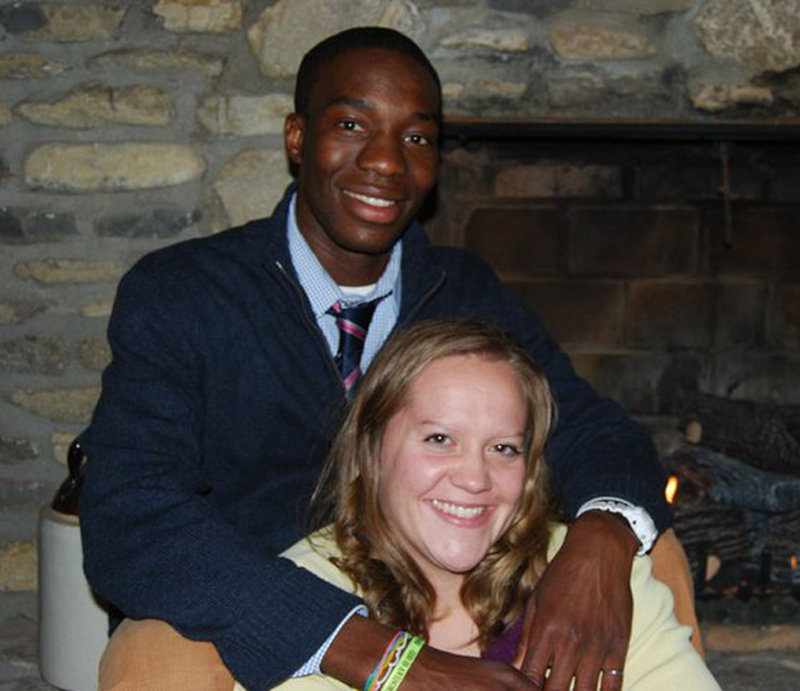LOUISVILLE, Ky. – When Stella Harville brought her black boyfriend to her family’s all-white church in rural Kentucky, she thought nothing of it. She and Ticha Chikuni worshipped there whenever they were in town, and he even sang before the congregation during one service.
Then in August, a member of Gulnare Free Will Baptist Church told Harville’s father that Chikuni couldn’t sing there anymore. And last Sunday, in a moment that seems from another time, church members voted 9-6 to bar mixed-race couples from joining the congregation.
The policy has drawn a firestorm of criticism in just a few days and sent church leaders scrambling to overturn it, which could happen as soon as Sunday. The executive secretary of the church’s national organization said he has been inundated with angry phone calls, and had an inch-high stack of emails printed out on his desk.
“We are not a group of racist people,” said Keith Burden of the National Association of Free Will Baptists. “We have been labeled that obviously because of the actions of nine people.”
The resolution approved by the Gulnare church says it does not condone interracial marriage and “parties of such marriages will not be received as members, nor will they be used in worship services and other church functions, with the exception being funerals.”
Voting on the resolution wasn’t announced in church and ballots were cast after the service, attended by about 35 to 40 people.
The church member and former pastor who pushed for the vote, Melvin Thompson, wouldn’t say why he did it.
“I am not racist. I will tell you that. I am not prejudiced against any race of people, have never in my lifetime spoke evil” about a race, Thompson said in a brief interview. “That’s what this is being portrayed as, but it is not.”
Thompson stepped down as pastor earlier this year for health reasons, according to Harville’s dad, Dean Harville. He said it was Thompson who told him that Chikuni couldn’t sing at the church.
The church’s current pastor, Stacy Stepp, said he voted against the measure and would work to overturn it.
The national group distanced itself from the resolution in a statement Thursday, saying it “neither condemns nor disallows” interracial marriage. It said the church was working to reverse its policy and added, “We encourage the church to follow through with this action.”
Harville, who is now engaged to Chikuni, said this week that she felt betrayed by the church. “Whether they keep the vote or overturn it, it’s going to be hard for me to go back there,” she said.
Harville is working on her master’s degree in optical engineering at an Indiana college. She met Chikuni, who is from Zimbabwe, at Georgetown College in central Kentucky. “It’s like we were kind of blindsided,” she said.
More than 40 years ago, the U.S. Supreme Court knocked down a Virginia statute barring whites from marrying nonwhites, overturning bans in 15 other states.
But while interracial marriages have soared since then, many churches remain largely segregated.
Send questions/comments to the editors.



Success. Please wait for the page to reload. If the page does not reload within 5 seconds, please refresh the page.
Enter your email and password to access comments.
Hi, to comment on stories you must . This profile is in addition to your subscription and website login.
Already have a commenting profile? .
Invalid username/password.
Please check your email to confirm and complete your registration.
Only subscribers are eligible to post comments. Please subscribe or login first for digital access. Here’s why.
Use the form below to reset your password. When you've submitted your account email, we will send an email with a reset code.